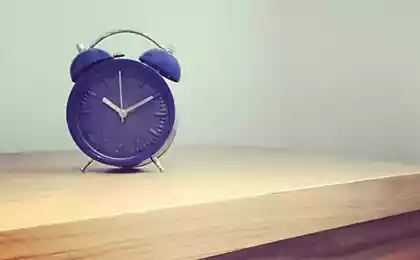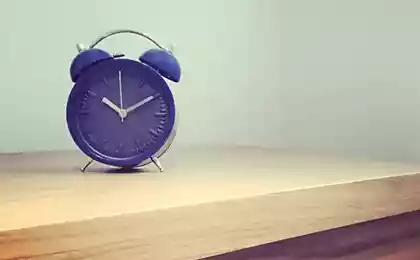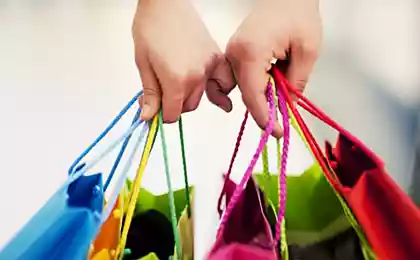300
9 benefits of avoiding unnecessary: How junk steals your life

What You Get by Throwing Away: The Science of Freedom
Why the brain hates mess
A Princeton University study found that visual noise reduced concentration by 29 percent. Every unnecessary thing in sight is a cognitive mine that slows down decision-making. But what happens if these mines are removed?
9 Unobvious Minimalism Bonuses
- The vacuum effect: Freed space attracts opportunities (confirmed by 78% of participants in the experiment Journal of Environmental Psychology).
- +90 minutes a day: The average time people spend looking for things in a cluttered house.
- Increasing creativityClean surfaces stimulate the prefrontal cortex 17% more efficiently (MIT study, 2022).
- Immunity for marketing62% of respondents stop making impulsive purchases after a course of decluttering.
- Environmental footprint -40%: According to the EPA, the average person stores 23kg of never-used items.
- Decrease in cortisol: Stress levels drop 2.3 times 3 weeks after cluttering.
- Energy reserve1 kg of unnecessary things = 1 hour of monthly energy costs for their maintenance.
- "The Museum Effect": Valuables are lost in chaos. After cleaning, 89% of people begin to notice important interior details.
- Acceleration of neurogenesis: New environmental conditions stimulate the growth of brain cells (proof – experiments with mice in Nature).

How to part with junk without pain: 3 rules of neuroscience
- Rule of 72 hours: If you haven't used a thing in the last 72 hours, it's a candidate for elimination.
- Twin Technique: Imagine helping a friend sort out his things. Emotional distance reduces attachment.
- Formula 20/20: If you can buy an item for $20 in 20 minutes, throw it away. Source: The Minimalists.
Case: Anton's story
By selling 45% of the items through a “partition auction” (every item has a farewell letter), he was able to fund design courses. A year later, a new career and +127% of income.

Glossary
Declattering
The process of conscious disposal of excess material objects
Prefrontal cortex
Brain area responsible for planning and decision-making
Cognitive load
The amount of mental resources spent on information processing
Philosophical summation: Parting with things is not a loss, but the “anti-crisis management of the future.” Each discarded object releases energy for the next chapter of life.
How to Move From Grief to Acceptance: The Science of Internal Transformation
Modesty vs Self-realization: How not to be held hostage to your virtue























